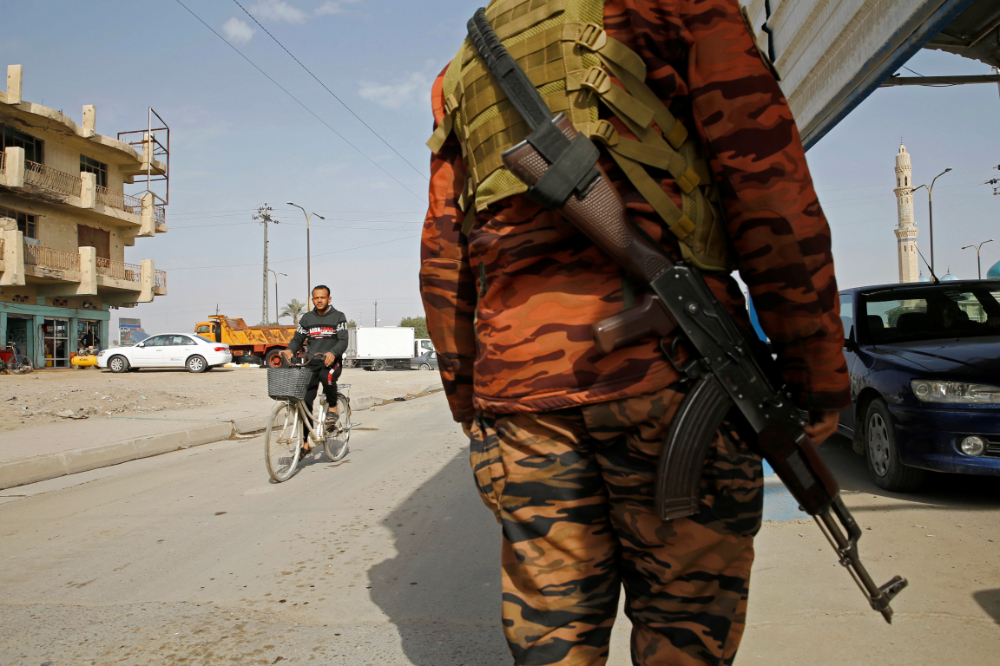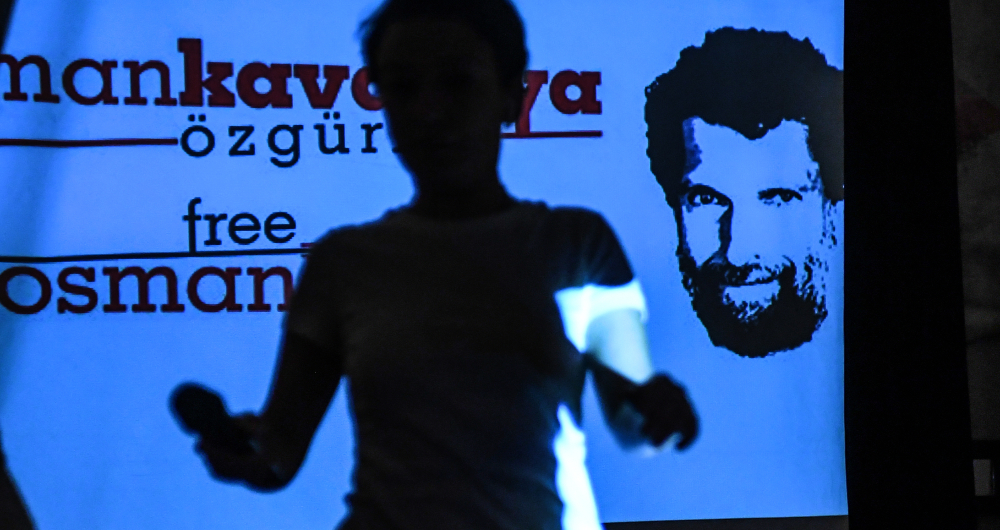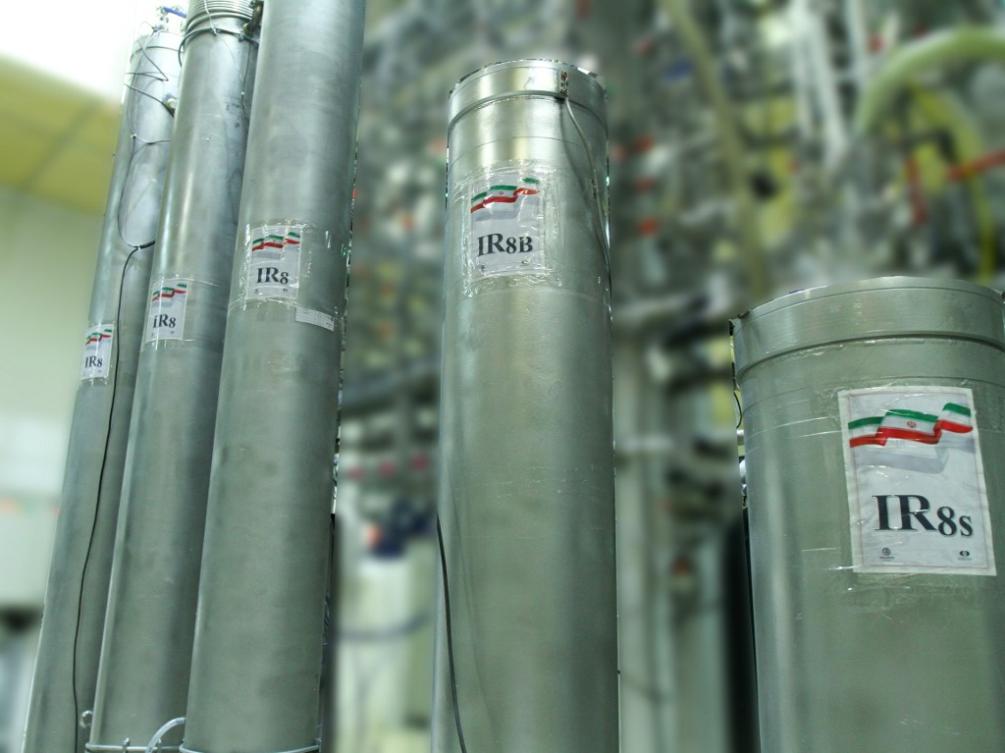Turkey in fresh war of words with US over coup plot accusation
ANKARA: Turkey has reignited its war of words with the US after a senior Turkish minister accused Washington of being behind the country’s failed 2016 coup.
Suleyman Soylu, Turkey’s interior minister, blamed the US for orchestrating the failed overthrow attempt and for hosting preacher Fethullah Gulen, who has been accused of controlling the uprising through a deep cover network hidden within the Turkish state.
Washington further fanned the flames in statements claiming that Turkey initiated a “disproportionate crackdown” on domestic student protests.
The accusations come as Turkey looks to repair strained ties with the US following last year’s sanctions over the sale of Russia’s S-400 air defense system.
Ankara has opened several diplomatic channels with regional rivals, including Greece, France and Israel, and has halted aggressive moves in the Mediterranean as a goodwill gesture to the Biden administration.
Max Hoffman, a Turkey analyst from the Washington-based Center for American Progress, said that Soylu’s accusation could be connected to an ongoing domestic power struggle within Turkey.
“I have to wonder at a certain point if Soylu is actively trying to undermine Erdogan. The official line is clearly to try for a reset. The economy is in shambles. And Soylu is the conservative heir apparent,” he said.
The US State Department has condemned the accusation as “unfounded and irresponsible.”
“The US had no involvement in the 2016 attempted coup in Turkey and promptly condemned it. Recent assertions to the contrary made by senior Turkish officials are wholly false,” it said.
Washington’s rejection of Turkish demands for Gulen’s extradition have angered Ankara in the past.
Experts have said that the Biden administration will be tougher on Turkey over its human rights and democratization record, contrary to the hands-off approach put forward by previous administrations.
It remains to be seen how Biden’s team will push for harder lines on Turkey’s democratic record, considering its status as a NATO ally.
“Contrary to Turkey-EU relations, Ankara’s relationship with Washington doesn’t have concrete elements such as financial support to refugees or a customs union as the centerpieces of their dealings,” Marc Pierini, an academic and former EU envoy to Turkey, told Arab News.
He said that Ankara “cannot attempt to leave rule-of-law issues on the side when talking to Washington.”
Turkey has blamed “foreign meddling” for playing a role in ongoing student protests throughout the country, with a harshly worded foreign ministry statement pointing to a “US finger” in the demonstrations.
“We warn certain circles abroad not to use language provoking groups that resort to illegal ways and encourage illegal actions,” the statement said.
Police attacks on protesters in Turkey have alarmed Washington. About 600 people have been detained, with protests spreading to major cities and the government labeling demonstrators “terrorists.”
On Friday, a group of 3,317 academics around the world released a joint statement criticizing Turkey and calling for the resignation of Bogazici University’s new rector Melih Bulu, who was appointed by Turkish President Recep Tayyip Erdogan as a political loyalist.
US activist Noam Chomsky branded the student protests as “courageous and honorable.”

Turkey keeps opposition activist in solitary confinementTurkey rejects criticism of its handling of student protest



